Norman Wirzba is one of my favorite writers. I have followed his work ever since picking up a copy of Food and Faith: A Theology of Eating when I was a student in Bible college. Since then, each of his books has seemingly met me at the perfect time—from This Sacred Life: Humanity's Place in a Wounded World to Agrarian Spirit: Cultivating Faith, Community, and the Land, to now Dr. Wirzba’s latest book, Love's Braided Dance: Hope in a Time of Crisis.
Love’s Braided Dance offers a series of meditations to help us reimagine what hope is and how it shows up in the world. Dr. Wirzba offers a distinctly non-possessive vision that treats hope *not* as something we have, but as something we do. Hope ignites when people join in what Wendell Berry calls “love’s braided dance”—a commitment to care for one another and our world.
Once again, Dr. Wirzba has created a beautiful book that weaves together rich and compelling ideas with personal stories, historical examples, and an unwavering commitment to upholding the goodness and love-worthiness of the world.
In our conversation, Dr. Wirzba and I talked about this non-possessive vision of hope and how it shifts the questions we commonly ask. We also talk about “erotic hope,” which is the topic of Chapter 1. Dr. Wirzba explains how hope cannot be passive—we can’t sit on our hands and hope that God will make all things right. We must hopefully address the very conditions that are creating despair. Last, I ask Dr. Wirzba to explain why he holds such a firm commitment to the goodness, loveliness, and sacredness of our world, even in these times of crisis.
Norman Wirzba is Gilbert T. Rowe Distinguished Professor of Christian Theology & Senior Fellow at the Kenan Institute of Ethics at Duke University. His research and teaching interests are at the intersections of theology, philosophy, ecology, and agrarian and environmental studies.
Raised on a farm in Southern Alberta, Norman went on to study history at the University of Lethbridge, theology at Yale University Divinity School, and philosophy at Loyola University Chicago. Since then he has taught at Saint Thomas More College/University of Saskatchewan, Georgetown College (KY), and Duke University Divinity School. He’s the father of four children and is married to Gretchen Ziegenhals. He likes to bake, cook and make things with wood. He also enjoys playing the guitar. He used to be a good athlete! He enjoys being outdoors and spending time with his family and friends. He tries to grow some food.
Show Notes:
Young people are very skeptical and angry with people who keep saying, “you should just have hope”
Hope is important to all people, regardless of religion
A non-possessive vision of hope that leads to a loving way of being in the world
Hope is not something people “have”
Hope can’t leave to passivity. We must address the conditions that are creating despair.
Hope is an action—a way of being “oriented in the world through the posture of love, compassion, or even Eros. This outbound movement wants to meet the world in its beauty, its surprise, its terror, it's manifold mysteries.”
Love exercises patience and humility
“The climate crisis is a crisis of consent” - Kyle White****
Properly oriented love will slow us down and bear the fruit of the Spirit.
Erotic hope
Eroticism must be distinguished from the pornographic.
“Eroticism is this fundamental capacity within people to want to give themselves to a world.“
“The world presents as an opportunity for engagement”
Overriding vs thriving within limits.
There is so much we don’t understand.
“Nurture the world that nurtures you”
Books:
Hope in the Dark: Untold Histories, Wild Possibilities — Rebecca Solnit
“The climate crisis is a crisis of consent” - Kyle Whyte // see this interview with Kyle Whyte, “How Can You Hope When You Are Coming Out of a Dystopia?” Gen Dread, October 16, 2020.


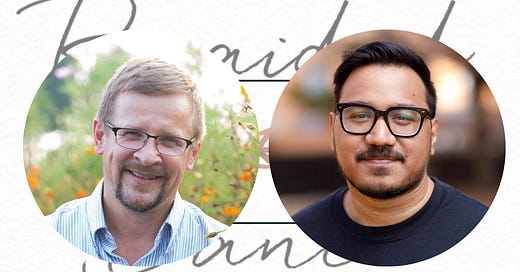
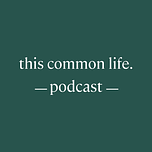

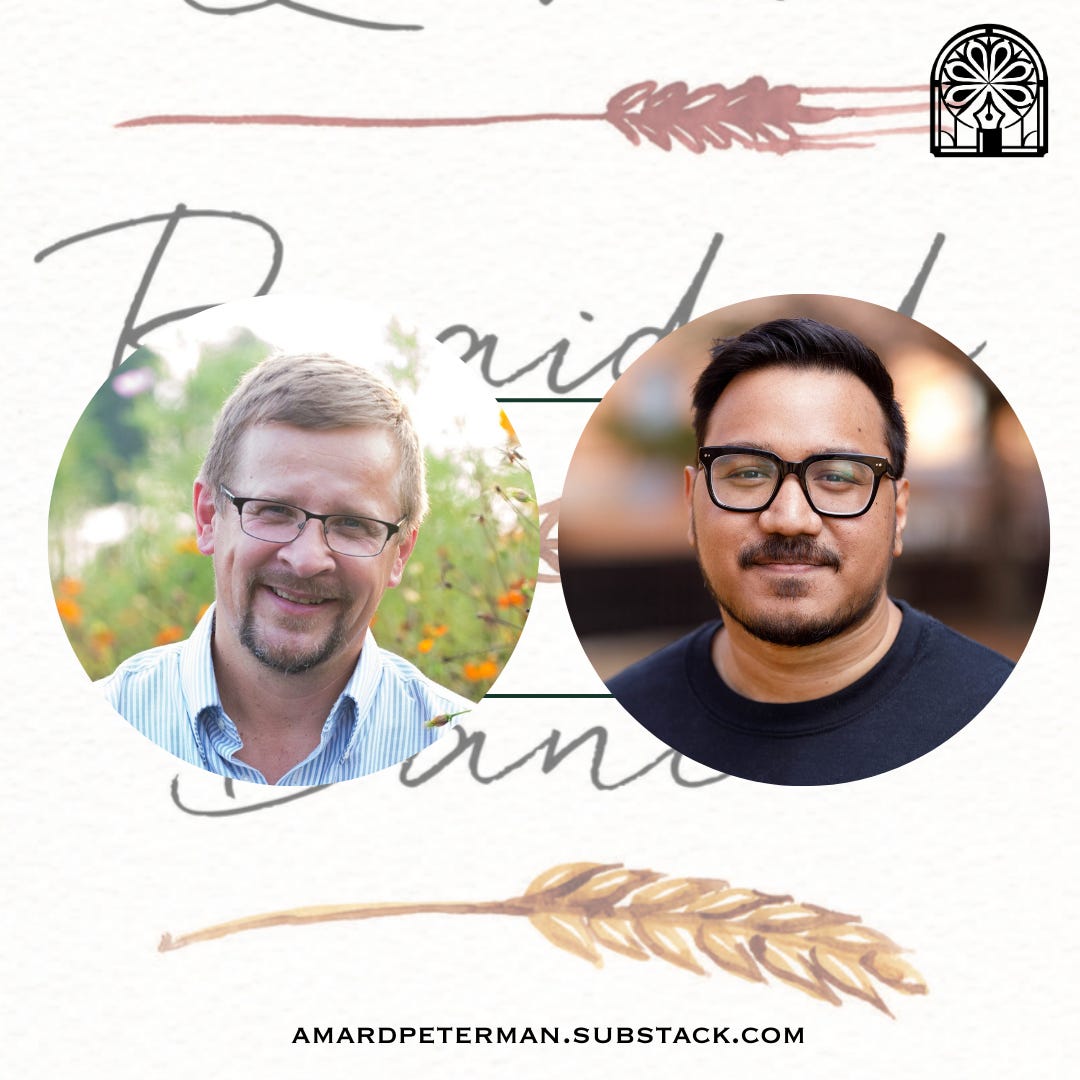

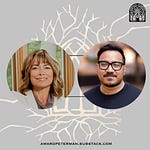
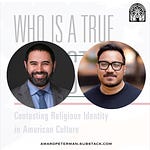
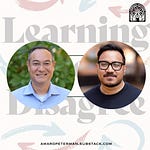

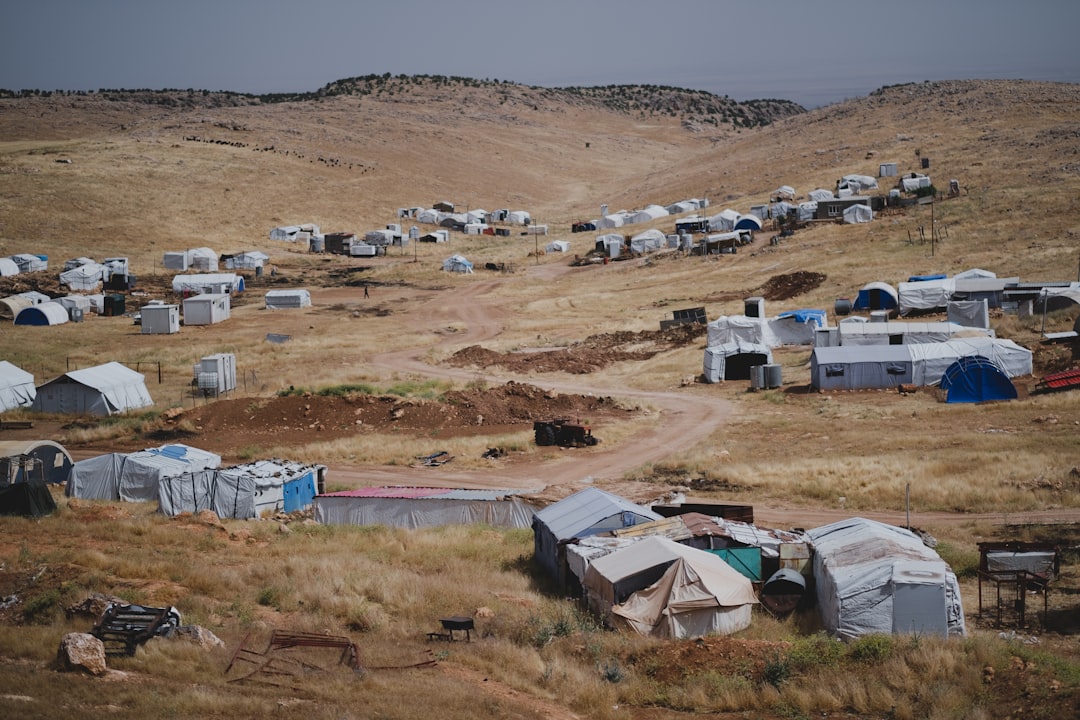


Share this post